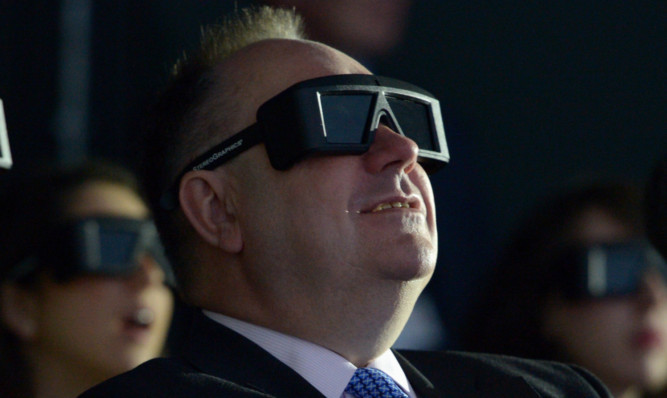
The scourge of ‘spin’ has seeped into almost every aspect of modern politics and this week it will rear its ugly head in a Holyrood report into hidden hospital waiting lists.
On Thursday the Public Audit committee will unveil the findings of its probe into one of the biggest issues to rock the NHS in years, classifying patients as unavailable for treatment for “social” reasons such as refusing to travel to a hospital in England to reduce waiting lists.
However, The Sunday Post can reveal the report has been “watered down” after an outcry over its contents from Nationalist MSPs on the committee.
It is understood the 30-page document originally echoed many of the concerns from public spending watchdog Audit Scotland about the scale of the use of these social unavailability codes, which NHS Lothian was caught “fiddling” in 2011.
But last week, the five SNP MSPs on the nine-person committee forced a vote which saw some critical passages removed.
Now, the Government is clearly not the first party to use its political muscle to present itself in the best possible light.
Indeed it was a Labour-led administration which tried to squirm its way out of its own hidden waiting lists scandal when it was in power.
But that doesn’t diminish the fact that diluting vital reports like this stinks. Holyrood’s committees are designed to scrutinise laws, order inquiries and hold ministers and other public figures to account.
The golden boy among them is meant to be Public Audit, shining a light on the running of our taxpayer-funded services and making sure our money is not being thrown down the drain.
It is meant to step above the grubby politics of the day but the latest development fits a depressing trend, with many Holyrood observers worried that the levels of scrutiny have been falling since the SNP’s historic 2011 election win.
Last year a bid to have the European and External Relations Committee investigate an independent Scotland’s membership of the EU was blocked by backbench Nationalists.
And a report into renewable energy by the economy committee was delayed by months as the SNP tried to minimise the criticism of its drive to power Scotland with wind farms.
One Holyrood insider said: “The committees are being being rendered useless by a frankly over-the-top and often paranoid SNP administration.
“Only a fool would think they wouldn’t try to flex their muscle with the majority they have, any other party would do the same, but it should not be abused to close down all dissent.
“They have a responsibility to allow proper scrutiny of what is going on.”
The SNP argue that much of this concern is actually just sour grapes from the pasting the other parties got at the 2011 election. But one issue which should concern us all is the increasing amount of the Parliament’s committee work
taking place behind closed doors.
Figures published last year show that just 28% of committee sessions at Holyrood were held entirely in public in 2010-11, down from 64% when the Parliament first opened its doors.
This is not what the founders of the Scottish Parliament envisaged and we only have to look south of the border at Westminster to see how it should be done. The equivalent of Holyrood’s Audit Committee, the Public Accounts Committee, is dominated by Tories but still manages to get its teeth into big issues which are embarrassing to the UK Government most notably the tax-avoiding habits of some of the world’s biggest companies such as Amazon.
The committee has also tackled thorny issues for the coalition including defence overspending and the west coast rail franchise debacle. Holyrood’s Audit Committee has had good hits in the past.
In 2009, MSPs on the committee dragged out the full story behind Transport Scotland finance chief Guy Houston holding shares in First Group while the firm was in talks over the extension to the country’s rail franchise.
This report branded evidence by Scotland’s then top civil servant, Sir John Elvidge, “totally unacceptable” after MSPs claimed he obstructed their investigation.
It is this sort of scrutiny, not spin, which voters deserve from our MSPs.

Enjoy the convenience of having The Sunday Post delivered as a digital ePaper straight to your smartphone, tablet or computer.
Subscribe for only £5.49 a month and enjoy all the benefits of the printed paper as a digital replica.
Subscribe